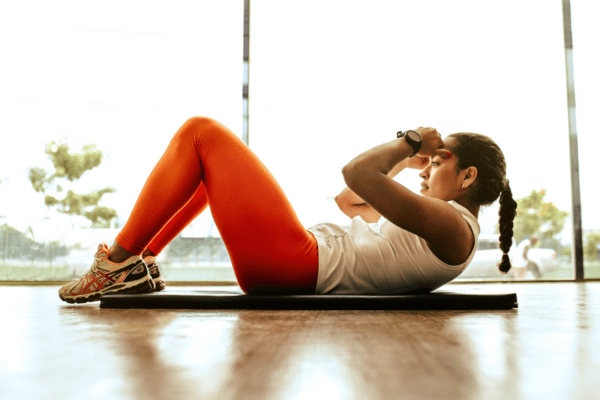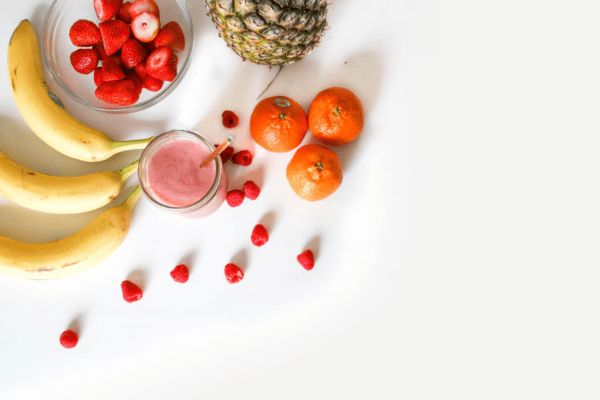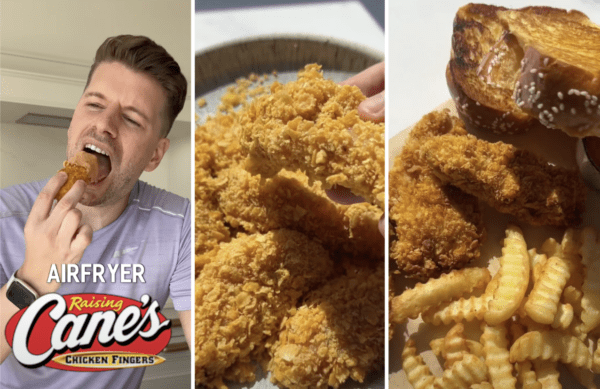
Nutritionist Reveals Worst Food to Eat Before a Workout
Ever wondered why you’re stomach hurts whilst working out? Your pre-workout snack is most likely the culprit…

Whilst the importance of a balanced diet is common knowledge, how does exercise play a role in what you should be eating pre and post workout, and when should you eat around this?
Below, Kerry Beeson, Nutritional Therapist (BSc) at Prep Kitchen answers some common questions on what and when to eat before and after exercise, to help you to meet your fitness goals.
How soon before and after a workout should you eat?
Explaining the importance of eating correctly around exercise, Kerry advises:
“The focus of eating pre-workout is to provide you with heightened energy, prevent fatigue, and support muscle maintenance and growth. As a general rule, you should aim to eat between one and three hours before your session. If you are eating an hour before your workout, keep the quantity small. If you are eating two to three hours ahead of time, you can increase the volume of food.
“If you exercise intensely too soon after eating, blood flow shifts from your digestive system to your muscles which can result in indigestion – not a great feeling when you’re aiming for that PB. It also really depends on your overall fitness goals. If you’re trying to lose weight rather than enhance performance you might want to fast before working out. Exercising on an empty stomach will encourage your body to break down fat for energy.”
However, it isn’t just about when you eat, but also what you eat before exercising.
What foods should I avoid eating before a workout?
Make sure to feed your body the right food types to help reach your fitness goals.
Kerry explains: “When it comes to pre-workout meals, they should be high in protein and complex carbohydrates as they will work together to provide energy and support your hard-working muscles. Healthy meal prep options can be a great choice for a quick and convenient protein fix rather than being tempted to load up on snacks before a workout.
“The type of carbs also matter – refined carbohydrates are great for a quick burst of energy but this will crash shortly after. For a more long-lasting energy release, aim for complex carbohydrates that won’t cause blood sugar spikes, such as sweet potato and brown rice.
“As for what you should avoid in the hours leading up to your exercise, I always recommend steering clear of any foods high in fats – such as nuts, cheese and fatty meat – as well as high fibre foods. Foods which are too high in fibre can cause gas and bloating which isn’t ideal before a high intensity workout. Interestingly, we don’t actually digest fibre, it’s indigestible which can lead to bloating and stomach discomfort if you exercise too soon after.”

What are the best foods to eat after a workout?
Once you’ve finished your fitness routine, these are the foods to help speed up the recovery process.
Kerry advises: “After a particularly intense workout, it can be tempting to reach for quick snacks or refined sugars, especially if you have burnt a high amount of calories in a short period of time. However, in the post-workout stage your body really needs nutritious food to replenish and refuel. Some great options for the recovery stage are eggs, spinach, lean meats or whole grain pasta.
“Again, this also depends on the type of exercise you have completed. After strength training, I recommend aiming for a 2:1 ratio of carbohydrates to protein. Whereas, if you have just finished an endurance-based session, this ratio should be around 3:1.
“Try to avoid high fat foods for the first couple of hours following a workout as this can put unnecessary strain on your digestion while your body recovers.”
For more information on meeting your goals through the help of a food prep subscription, please visit: https://prepkitchen.co.uk/












































